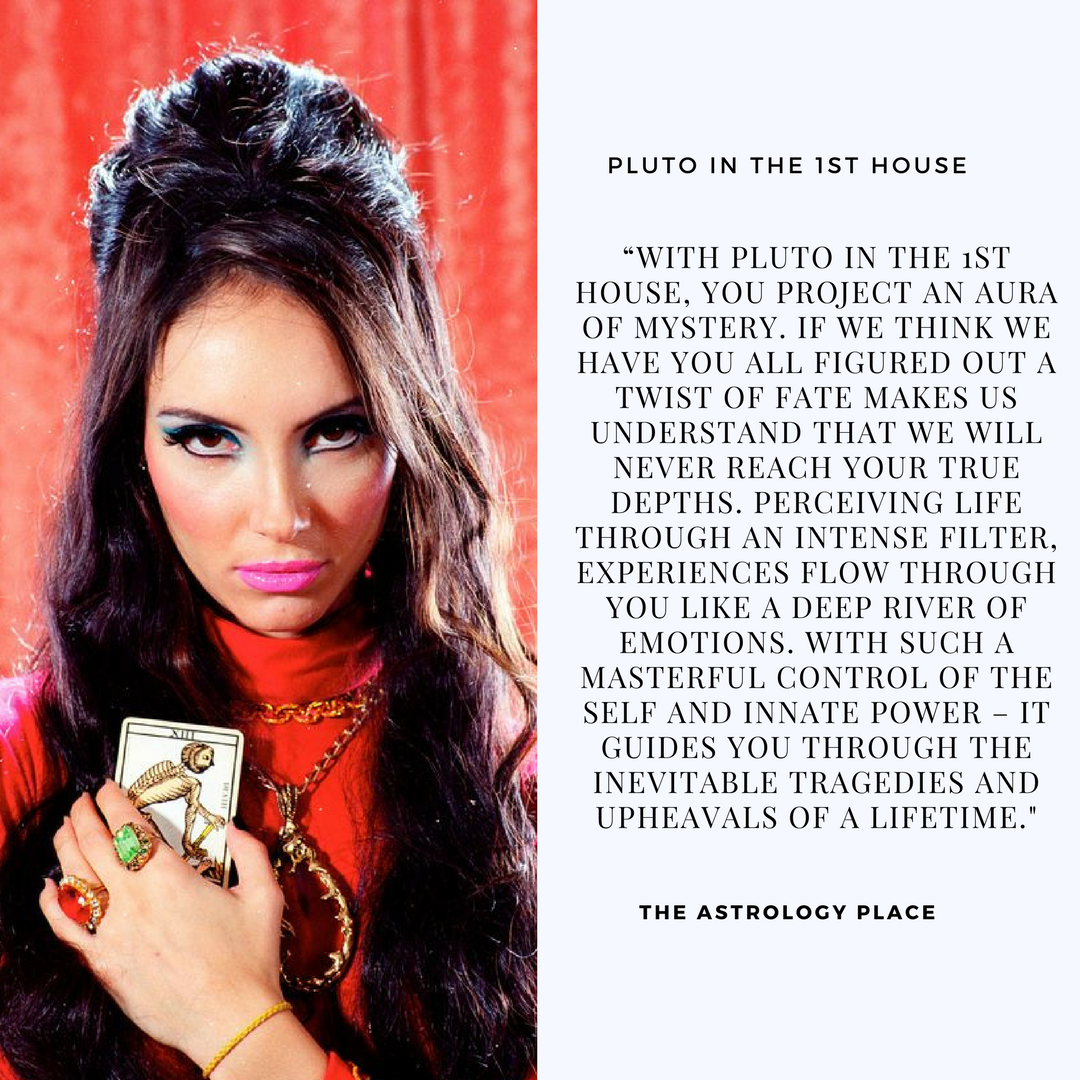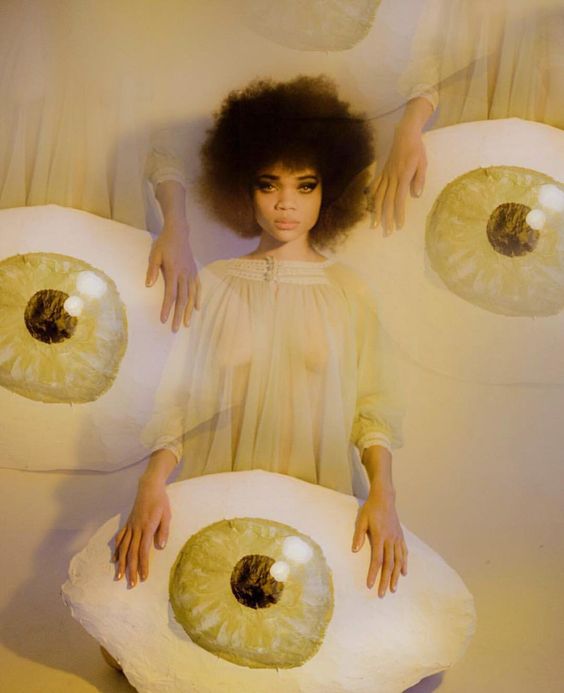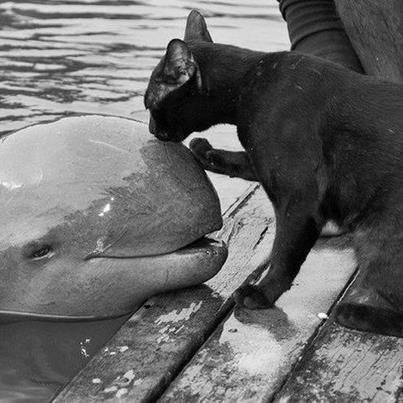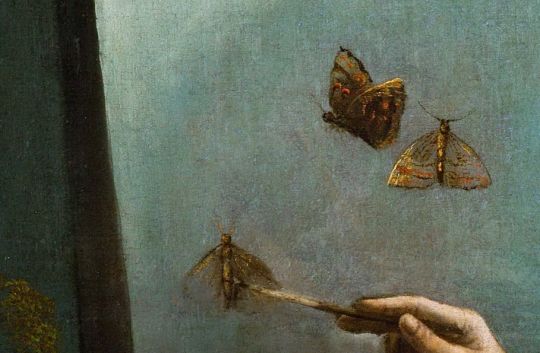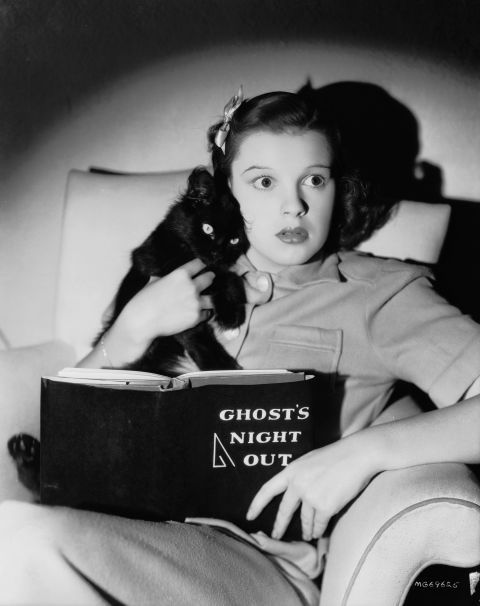 Dane Rudhyar helped move astrology from the plodding determinism of traditional star-gazing. Instead of locking people into the cold, mechanical clockwork of fate, he saw the stars as symbols of personal evolution—a great mirror reflecting back our own potential. He wasn’t only an astrologer; he was a philosopher, a mystic, an artist who used astrology as a tool for human transformation. Where others saw destiny, he saw process. Where others spoke of fixed traits and unavoidable outcomes, he talked about of cycles, and the unfolding self Rudhyar’s legacy is a breath of fresh air for those weary of the fatalistic and gloomy interpretations of traditional astrology. He invited us to see astrology as a soulful language—a way to engage with the archetypes at play in our lives.
Dane Rudhyar helped move astrology from the plodding determinism of traditional star-gazing. Instead of locking people into the cold, mechanical clockwork of fate, he saw the stars as symbols of personal evolution—a great mirror reflecting back our own potential. He wasn’t only an astrologer; he was a philosopher, a mystic, an artist who used astrology as a tool for human transformation. Where others saw destiny, he saw process. Where others spoke of fixed traits and unavoidable outcomes, he talked about of cycles, and the unfolding self Rudhyar’s legacy is a breath of fresh air for those weary of the fatalistic and gloomy interpretations of traditional astrology. He invited us to see astrology as a soulful language—a way to engage with the archetypes at play in our lives.
His vision of astrology as a path to self-awareness rather than a fixed system of fate and destiny remains revolutionary, even today. It shifts the focus from “What will happen to me?” to “Who am I becoming?”—a question far more exhilarating. It’s not a universe dictating our fate, but a dialogue between the cosmos and the soul, each shaping the other in an eternal dance.
Dane Rudhyar took fatalistic astrology and infused it with something alive. He reimagined astrology, elevating it from a grim exercise in predestination to a path of self-realization. Where others saw fated charts and immutable destinies, Rudhyar saw cycles, rhythms, and possibilities. He urged us to stop peering at our birth charts as if they were prison sentences and instead view them as personal mythologies—maps of our own becoming. In his hands, astrology was no longer a sentencing but a language of meaning, a new way to decode the the universe.
Where others saw planets as tyrannical forces imposing their will upon us, Rudhyar saw them as symbols—archetypal energies resonating with the deep rhythms of our own unfolding consciousness. It’s a massive shift, really. Instead of asking, What are the planets doing to me?, Rudhyar invites us to ask, What do they reveal about me? In this way, astrology ceases to be a game of external prediction and becomes an art of inner exploration. He turned astrology from a passive, fatalistic exercise into an active, transformative practice. The planets don’t command; they converse. They don’t dictate; they indicate. And it is up to us to listen, to interpret, to use astrology as a tool for self-realization rather than self-limitation.
His vision shifted astrology from a practice of anxious forecasting—”When will disaster strike?”—to a spiritual inquiry: Who am I in the grand scheme of things? How can I align with the greater flow of existence? He recognized that the stars do not dictate; they invite. They offer us themes, energies, archetypes—but it is we who bring it to life. And in this, Rudhyar gifted astrology a kind of liberation. No longer shackled to its dour medieval fatalism, it became a tool of empowerment, of growth, of conscious evolution. If you’re gazing up at the night sky, wondering what it all means, take a page from Rudhyar: Don’t look for predictions—look for a deeper understanding of yourself within the vast unfolding of the universe. Because in the end, astrology, as he saw it, was never about what will happen—it was about who we are becoming.
The Seed Man
Dane Rudhyar was known as the Seed Man by astrologers! It is a beautifully fitting title for a thinker who saw human beings not as static entities bound by fate but as living, growing, evolving beings—unfolding like flora beneath the great celestial rhythms. Rudhyar planted astrology anew, shifting it from a system of passive divination to an organic, participatory process of self-actualization.
His metaphor of the seed is so striking because it speaks to something deeply intuitive: the idea that we are all in a state of becoming. A seed carries within it the potential for a mighty tree, but it does not grow in isolation. It must interact with its environment. And so, too, must we engage with the planetary energies not as fixed destinies but as forces that shape, challenge, and refine us.
The following statement is made by Rudhyard on Pluto.: Archival Project Website:
It was asked at first whether Pluto was to be considered a real planet, largely because of the unusual eccentricity of its orbit. But we might answer this by another question: Is the seed really a part of the plant? Indeed it grows out of the plant; yet its function is not to be understood in terms of this particular plant which bears it and from which it will fall into the dark humus. It is in the plant, yet not of the plant. It is the messenger of the future vegetation. Its allegiance is to the “new life” that is to come. It belongs not to the particular plant, which, if perennial, begins to die the moment the seed reaches the very first stage of maturity, but to the species of which the particular plant is only one of billions of ephemeral manifestations. PLUTO – Sower of Celestial Seed
Psychological Growth
The humble seed—so small, so unassuming, yet carrying within it the infinite possibility of an entire forest. What a perfect metaphor for the human journey! Rudhyar understood that we are not finished beings but unfolding ones. The potential within us—our capacity for growth, for transformation, for awakening—exists whether we recognize it or not, waiting for the right conditions to bring it to life.
And isn’t that just the way of things? We look at ourselves and think, Why am I not changing faster? Why does transformation take so long? But real growth, like the germination of a seed, is often hidden, slow, and subtle. A tree does not rush to become itself; it simply responds to the rhythms of nature—seasons of dormancy, moments of struggle, bursts of expansion. And so do we.
Sometimes, our inner potential remains buried, not because it isn’t there, but because it’s waiting for the right soil, the right inner and outer conditions. A seed will not sprout in barren earth, and neither will we grow in environments that do not support our growth. This is why self-awareness—knowing what feeds you, what stunts you, what lights you up—is so important. And then there’s patience—the most underrated of spiritual virtues. We crave instant transformation, overnight enlightenment, cinematic moments of awakening. But more often, change happens in tiny, almost imperceptible shifts. A new way of thinking. A slightly different response to an old trigger. The quiet realization that something which once hurt no longer does. These are the roots pushing downward, the first tendrils reaching for light.
If you feel stuck, if you feel like nothing is happening, take heart—seeds germinate in darkness before they break through the soil. Your transformation is unfolding, whether you see it or not. And when the time is right, when conditions align, you will bloom. Not in a hurried, anxious scramble for self-improvement, but in the natural, inevitable, breathtaking way that all things grow—authentically, in harmony with your own inner seasons.
Growth is often not the transformation we like to fantasize about, but the slow, silent, subterranean kind. The kind that happens beneath the surface, where no one sees, where even we may not fully realize what’s taking shape. Much like a seed requires the right soil, water, and sunlight, we, too, require the right conditions—mentally, emotionally, spiritually—to truly grow. And here’s where life gets interesting, because those conditions aren’t always within our conscious control. We don’t always get to choose when transformation happens; sometimes, it sneaks up on us in the quiet moments, when we least expect it. Sometimes, what feels like stagnation is actually incubation.
Unseen Forces
And let’s not forget the unseen forces—the tangled roots of past experiences, subconscious beliefs, old wounds, psychic inheritances. These things shape us in ways we often don’t recognize. We like to believe we are entirely self-made, that our actions alone forge our destiny, but in truth, we are co-creators. We exist in relationship—with our past, our environment, the people around us, the rhythms that move us forward. That’s why self-awareness is everything. When we become conscious of these hidden forces, we gain the power to work with them rather than be unconsciously steered by them.
Growth isn’t always about doing more; sometimes, it’s about allowing. A seed doesn’t force itself to sprout; it simply responds when the right conditions are present. Likewise, our transformation isn’t always about pushing harder. Sometimes, it’s about being receptive—trusting that beneath the surface, the work is being done, and when the moment is right, we will break through. If you ever feel like you’re not making progress, take heart. The most profound changes often happen in silence, in stillness, in the unseen spaces of the soul. Keep tending to your inner world, stay open, stay curious, and trust the process.
The Sun and Pluto
In astrology, the symbolism of the Sun and Pluto beautifully illustrates the duality of human existence, highlighting the interplay between the conscious and subconscious aspects of our character. The Sun illuminates, Pluto obscures; one lives in consciousness, the other brooding in the depths. This interplay is the perfect description for the human condition. We are creatures of both light and shadow, of conscious intention and subconscious compulsion, forever teetering on the edge between who we think we are and the vast, unseen forces shaping us beneath the surface.
The Sun, shining and self-assured, is the force of ego, identity, and expression. It is the part of us that stands tall, faces the world, and says, This is me. It seeks recognition, purpose, and direction, much like a sunflower instinctively turning toward the light. It is our guiding star in the night, the blueprint of who we aspire to become.
But then comes Pluto, lurking in the abyss. If the Sun is the hero of our story, Pluto is the hidden force shaping the trials and tribulations of the hero’s journey. It represents the deeper currents of transformation—the unresolved traumas, the unconscious fears, the buried desires that drive us in ways we don’t always understand. Where the Sun shines with certainty, Pluto demands surrender. It doesn’t ask for change; it insists on it, often through crisis, upheaval, or an internal reckoning.
This is why Pluto’s influence is so intense—it forces us to confront the things we’d rather ignore. The Sun may illuminate our strengths, but Pluto reveals our hidden power, the kind that only emerges when we are willing to face our darkness and integrate it. It is the planet of death and rebirth, not in the literal sense, but in the spiritual sense—the death of old selves, outdated beliefs, and the illusions that no longer serve us. And from that symbolic death comes something new, something stronger, something truer.
Our Sun is the polished persona we present to the world—but also the deep, transformative energy of Pluto, constantly reshaping us from within. True growth comes not from basking only in the light but from having the courage to explore the shadows. Because in the end, the Sun and Pluto are not enemies—they each play their role in our evolution.
Pluto: The Dark Planet
Pluto’s influence stretches far beyond what we can consciously grasp. It operates in the background. It’s a deep current, moving us in directions we don’t always understand until we’re already on the verge of some new version of ourselves. This is why Pluto’s work often feels intense—it is the force that drags us into the depths of our own psyche, urging us to confront our hidden fears, our suppressed desires, our long-buried wounds.
Pluto destroys—but only to rebuild. It is not only the force of death but also the force of rebirth, the phoenix rising from the ashes. When Pluto moves through our lives—whether through a transit, a crisis, or a profound realization—it strips away what no longer serves us. It compels us to surrender what we thought we needed, only to reveal a deeper, more authentic strength waiting beneath.
The Dark Goddess of the Psyche
Pluto is the dark goddess of the psyche, the deep, churning force of transformation that pulses beneath the surface of our being. Where the Sun shines with its outward brilliance, Pluto’s mysteries lie in the depths, the hidden spaces where real change— irreversible, soul-shaking change—takes root. This is why Pluto is often feared. It does not deal in gentle progress. Pluto’s realm is one of rupture and rebirth, of descent and ascension, of shattering illusions so that truth—unvarnished, untamed—can emerge. It is the alchemical fire that melts away the dross of who we thought we were, refining us into something more essential, more powerful.
And how does it work? Through initiation by intensity. Pluto forces us to confront our shadows. It drags us down into the underworld of our own psyche, exposing the hidden fears, suppressed desires, and old wounds that shape us in ways we don’t always understand. It compels us to see what we’d rather avoid, to face the primal aspects of our being that are too wild, too dark, too real for the surface world.
The False Identity
Pluto tears away the layers of false identity so that we might reclaim our true essence. When we work with Pluto rather than resist it, we unlock immense inner power—the kind that is born not from dominance, but from deep, unshakable self-awareness. To evolve, we must be willing to let go—of limiting beliefs, of outdated versions of ourselves, of the comfort zones that keep us small. It calls us beyond our carefully constructed boundaries, urging us to explore the vast, untapped potential within.
When Pluto’s energy moves through your life—whether as a crisis, a revelation, or an inexplicable inner shift—know that something powerful is happening. The old must die so that something new can take its place. And when you emerge from Pluto’s fires, you will not just be changed—you will be reborn, stronger, wiser, and far closer to the truth of who you really are.
This is why Pluto’s influence often arrives as external turmoil—loss, betrayal, power struggles, unexpected shifts. It is the moment the ground beneath our feet crumbles, the carefully built structures of our lives suddenly torn away. The soul’s underground journey is not random; it is purposeful. It may ask more of us than we think we can give, but in doing so, it reveals the astonishing truth: that we are capable of so much more than we ever imagined. If you find yourself in Pluto’s grasp, know this—what feels like an ending is, in truth, a threshold. The life you knew may be gone, but the life you were meant to live is waiting. And when you rise from Pluto’s depths, you will not just survive—you will emerge, transformed, empowered, and more fully yourself than ever before.
“The seed contains the potential for new life, and within its tight, protected core is buried the greatest mystery of all: the secret to living forever. Since the seed contains the magic pattern, the mighty nucleus, which defies death and again and again brings birth anew, the species is able to persevere and generate new life. The seed has to go down into the dirt… Pluto’s Great Task entails going deep within oneself and revealing oneself to oneself in every corner of one’s being. Hence, psychoanalysis was born out of this need, and its ability to examine and make sense of the “collective unconscious” set it apart. The ancients mentioned it in their fable about a fisherman who dove into the ocean in search of the “Pearl of Significance”—the pearl born by adversity, the shimmering orb encased in viscera and weighed down by a thick shell.”



